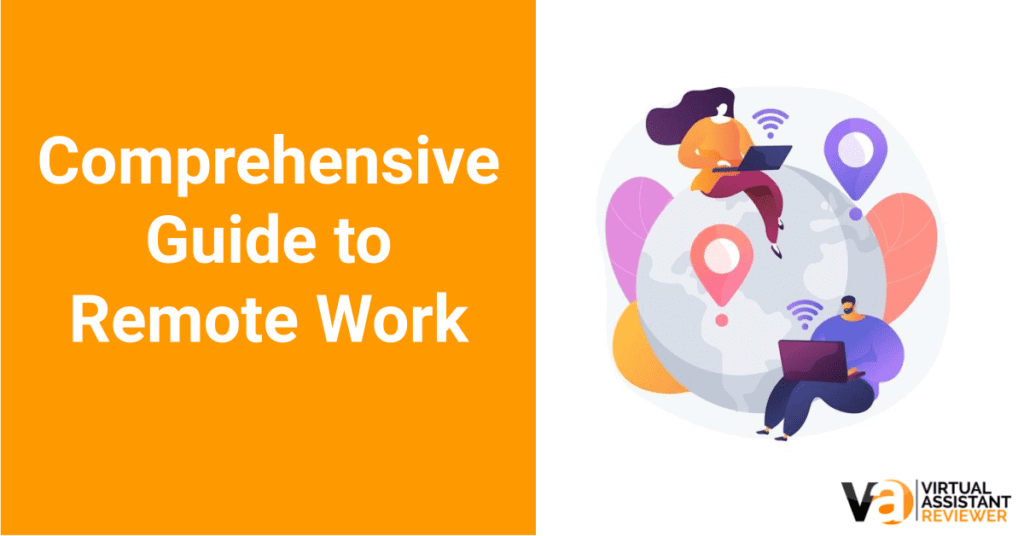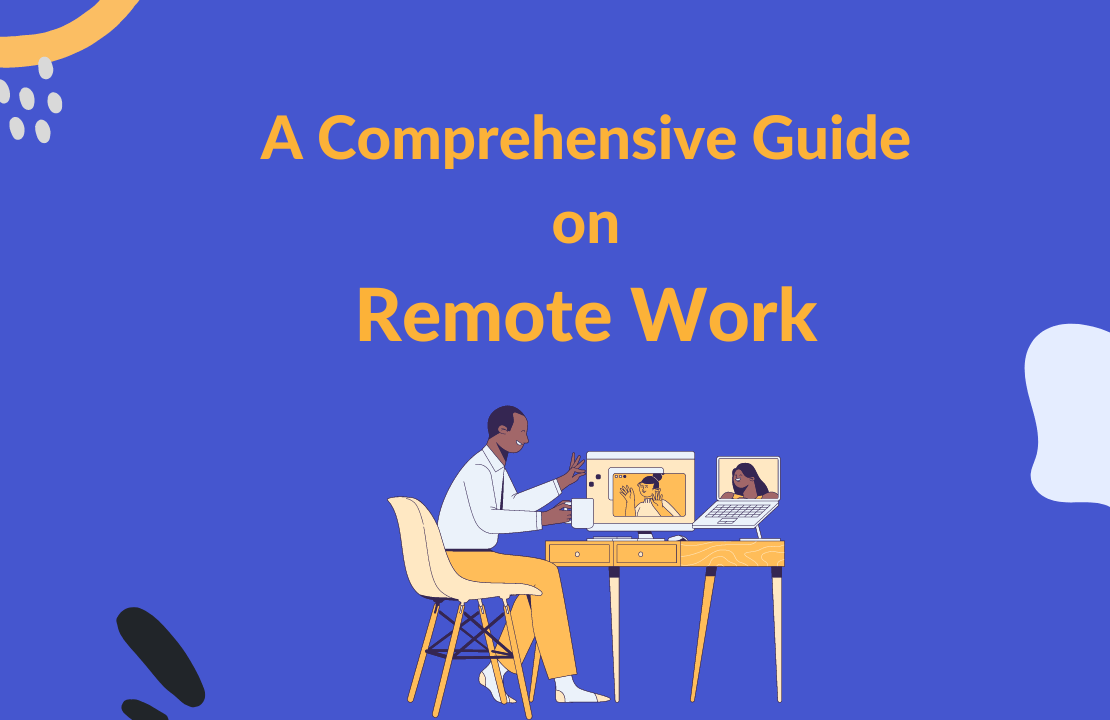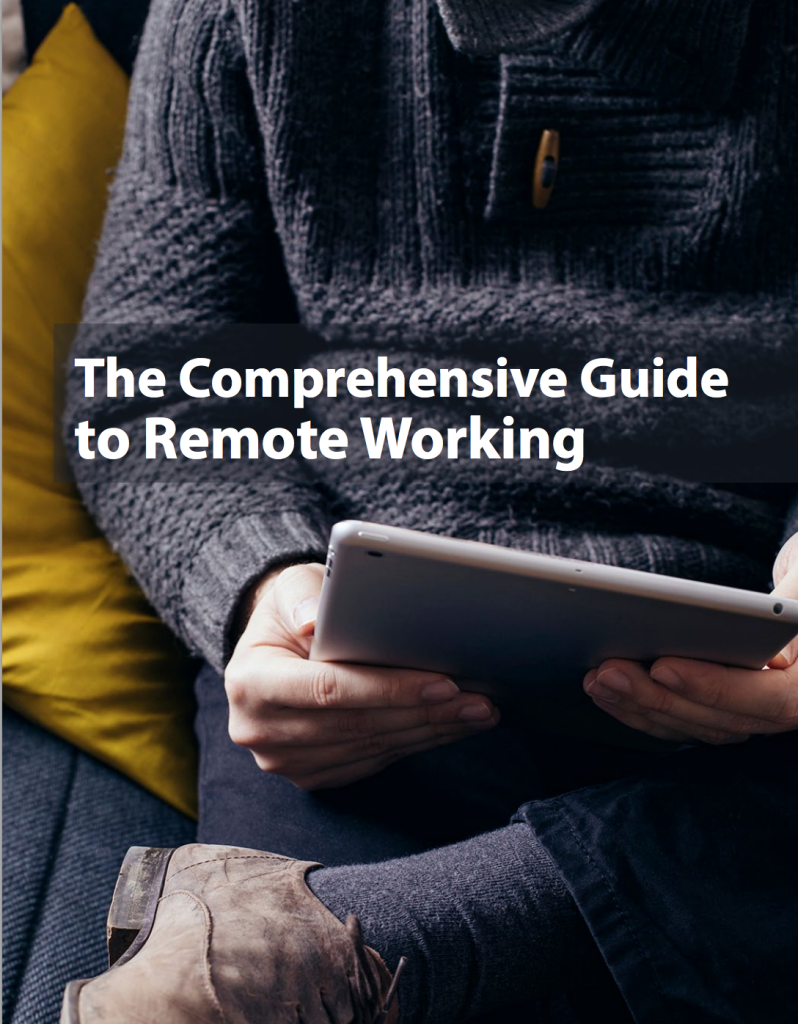Navigating The World Of Remote Work: A Comprehensive Guide To Home-Based Virtual Assistants
Navigating the World of Remote Work: A Comprehensive Guide to Home-Based Virtual Assistants
Related Articles: Navigating the World of Remote Work: A Comprehensive Guide to Home-Based Virtual Assistants
Introduction
With great pleasure, we will explore the intriguing topic related to Navigating the World of Remote Work: A Comprehensive Guide to Home-Based Virtual Assistants. Let’s weave interesting information and offer fresh perspectives to the readers.
Table of Content
Navigating the World of Remote Work: A Comprehensive Guide to Home-Based Virtual Assistants

The landscape of work is rapidly evolving, with remote opportunities gaining unprecedented traction. Among these, the role of the virtual assistant (VA) stands out as a flexible and rewarding career path. This guide delves into the multifaceted world of home-based virtual assistants, providing a comprehensive overview of their responsibilities, skills, benefits, and the path to success in this dynamic field.
Understanding the Virtual Assistant Role
A virtual assistant is essentially a remote professional who provides administrative, technical, or creative support to clients across various industries. Unlike traditional office-based assistants, VAs operate remotely, often from home, utilizing technology to connect with their clients and manage tasks. This allows for greater flexibility, autonomy, and the ability to work from anywhere with an internet connection.
A Spectrum of Services: The Diverse World of Virtual Assistance
The scope of virtual assistant services is vast, encompassing a wide range of tasks depending on the client’s needs and the VA’s expertise. Some common areas of specialization include:
- Administrative Support: This encompasses tasks like scheduling appointments, managing emails, handling correspondence, preparing presentations, and managing travel arrangements.
- Social Media Management: Virtual assistants can assist with creating and managing social media content, engaging with followers, and analyzing social media performance.
- Customer Service: VAs can handle customer inquiries, resolve issues, and provide product support via email, phone, or chat.
- Bookkeeping and Accounting: Virtual assistants can assist with financial tasks like data entry, invoice processing, and reconciliation.
- Content Creation: VAs can create website content, blog posts, articles, social media captions, and other written materials.
- Technical Support: Virtual assistants with technical expertise can provide IT support, troubleshoot issues, and manage software updates.
- Virtual Event Planning: VAs can assist with planning and coordinating virtual events, including webinars, conferences, and online meetings.
- Project Management: Virtual assistants can manage projects, track progress, and ensure tasks are completed on time and within budget.
The Benefits of Embracing a Virtual Assistant Career
The allure of a home-based virtual assistant role lies in its numerous benefits:
- Flexibility and Work-Life Balance: VAs enjoy the freedom to set their own hours and work from anywhere with an internet connection, allowing for a better work-life balance.
- Remote Work Environment: Working from home offers a comfortable and personalized environment, free from the distractions of a traditional office setting.
- Varied Workload: Virtual assistants often work with diverse clients across various industries, providing exposure to a wide range of tasks and projects.
- Entrepreneurial Spirit: Becoming a VA allows individuals to build their own business, set their own rates, and manage their workload independently.
- Potential for Growth: With experience and specialization, virtual assistants can expand their client base, offer more specialized services, and even build their own virtual assistant agency.
Essential Skills for Success: The Foundation of a Virtual Assistant Career
To thrive in the virtual assistant world, certain core skills are paramount:
- Strong Communication Skills: Effective communication is crucial for understanding client needs, providing clear updates, and maintaining professional relationships.
- Organizational Skills: VAs need to be highly organized, adept at managing multiple tasks, prioritizing effectively, and meeting deadlines.
- Technical Proficiency: A strong understanding of computer software, online tools, and technology is essential for managing tasks efficiently and communicating effectively.
- Time Management Skills: VAs must be able to manage their time effectively, prioritize tasks, and work independently to meet deadlines.
- Proactive and Detail-Oriented: VAs need to be proactive in identifying and addressing client needs, paying meticulous attention to detail to ensure accuracy and quality.
- Adaptability and Problem-Solving: VAs must be able to adapt to changing client needs, troubleshoot issues, and find creative solutions.
- Client-Centric Approach: Providing excellent customer service, building strong relationships, and exceeding client expectations are key to long-term success.
Building a Foundation: Launching Your Virtual Assistant Career
Transitioning into a virtual assistant career requires a strategic approach:
- Identify Your Niche: Determine your areas of expertise and identify the industries or tasks that align with your skills and interests.
- Develop Your Skills: Invest in training and education to enhance your existing skills and acquire new ones relevant to your chosen niche.
- Create a Professional Presence: Establish a professional website, online portfolio, and social media profiles to showcase your expertise and attract potential clients.
- Network and Market Yourself: Connect with potential clients through online platforms, professional networking groups, and industry events.
- Build a Strong Portfolio: Offer your services at a lower rate initially to gain experience and build a portfolio of satisfied clients.
- Set Competitive Rates: Research industry standards and set rates that reflect your experience, expertise, and the value you provide.
- Stay Updated: Continuously learn and adapt to new technologies, industry trends, and client demands to remain competitive.
Frequently Asked Questions (FAQs)
1. What qualifications are required to become a virtual assistant?
While formal qualifications are not always mandatory, a high school diploma or equivalent is generally expected. Specific skills and experience relevant to the chosen niche are often more important.
2. How do I find clients as a virtual assistant?
There are various avenues for finding clients:
- Online platforms: Platforms like Upwork, Fiverr, and Guru connect VAs with clients seeking their services.
- Social media: LinkedIn and other social media platforms can be used to network with potential clients and showcase your expertise.
- Networking: Attending industry events, joining professional organizations, and connecting with other VAs can lead to referrals and client opportunities.
- Website and portfolio: A well-designed website and portfolio can attract clients seeking specific services.
3. What are the challenges of being a virtual assistant?
Some challenges include:
- Staying motivated and focused: Working remotely can sometimes be isolating and require self-discipline to maintain productivity.
- Managing time effectively: VAs need to be adept at prioritizing tasks and managing their time efficiently to meet deadlines and client expectations.
- Balancing work and personal life: Setting boundaries and creating a dedicated workspace can help maintain a healthy work-life balance.
- Finding and retaining clients: Building a client base and maintaining long-term relationships can require consistent effort and marketing.
4. How much can I earn as a virtual assistant?
The income potential for VAs varies greatly depending on experience, specialization, client base, and hourly rates. Some VAs earn a modest income, while others achieve substantial earnings.
5. What are the best tools for virtual assistants?
Several tools can enhance efficiency and productivity for VAs:
- Project management tools: Asana, Trello, and Monday.com help organize tasks, track progress, and collaborate with clients.
- Communication tools: Slack, Zoom, and Skype facilitate communication and collaboration with clients and colleagues.
- Calendar and scheduling tools: Google Calendar, Outlook Calendar, and Calendly streamline scheduling appointments and meetings.
- Cloud storage services: Dropbox, Google Drive, and OneDrive provide secure storage for documents and files.
- Time tracking tools: Toggl Track, Clockify, and Harvest help track time spent on tasks and generate invoices.
Tips for Success as a Virtual Assistant
- Specialize in a niche: Focus on a specific area of expertise to stand out from the competition and attract clients seeking your specialized skills.
- Build a strong online presence: Create a professional website, optimize your LinkedIn profile, and use social media platforms to showcase your expertise and attract clients.
- Network and build relationships: Attend industry events, join professional organizations, and connect with other VAs to expand your network and generate leads.
- Provide excellent customer service: Go above and beyond to meet client needs, exceed expectations, and build lasting relationships.
- Stay organized and efficient: Utilize project management tools, time tracking software, and efficient communication practices to manage your workload effectively.
- Continuously learn and adapt: Stay updated on industry trends, new technologies, and client demands to remain competitive and provide the best possible service.
Conclusion
The world of home-based virtual assistants offers a flexible, rewarding, and ever-evolving career path. By developing essential skills, building a strong online presence, and providing exceptional service, virtual assistants can carve a successful niche in the remote work landscape. As businesses increasingly embrace remote work solutions, the demand for skilled and dedicated virtual assistants will continue to grow, presenting exciting opportunities for individuals seeking a fulfilling and independent career.








Closure
Thus, we hope this article has provided valuable insights into Navigating the World of Remote Work: A Comprehensive Guide to Home-Based Virtual Assistants. We thank you for taking the time to read this article. See you in our next article!
You may also like
Recent Posts
- Navigating The Digital Landscape: Online Job Opportunities For 17-Year-Olds
- Navigating The Amazon Ecosystem: Online Opportunities For Students
- Navigating The Digital Landscape: Online Jobs In Illinois
- Navigating The Realm Of Remote Work In Malta: A Comprehensive Guide
- The Rise Of Remote Work: A Comprehensive Look At Online Jobs In America
- Unlocking Opportunities: Online Tutoring As A Career Path For Women
- The Rise Of Remote Work: A Comprehensive Guide To Online Jobs From Home In The USA
- The Digital Frontier: Navigating Entry-Level Online Jobs Without Prior Experience
Leave a Reply